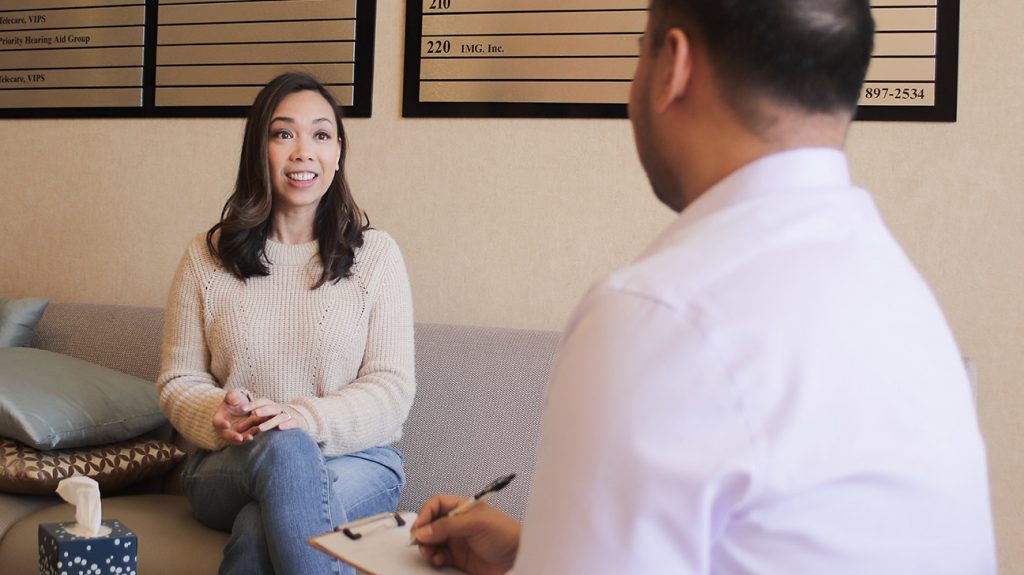During my first year as a psychiatry resident in training I faced a lot of personal challenges, particularly moving away from my family and friends for the first time ever. I was having difficulty adjusting to living in a new place and started feeling depressed and homesick, which eventually led to a decline in my academic performance.
As someone who considers themselves a perfectionist, I was mortified when I was subsequently placed on academic probation — and more so when I realized that one of the terms of my probation was that I had to start seeing a therapist.
Looking back on my experience, however, it was one of the best things that ever happened to me — not only for my personal well-being, but for my patients’ as well.
I was the one who was meant to help others — not the other way around
During my first year as a psychiatry resident in training I faced a lot of personal challenges, particularly moving away from my family and friends for the first time ever. I was having difficulty adjusting to living in a new place and started feeling depressed and homesick, which eventually led to a decline in my academic performance.
As someone who considers themselves a perfectionist, I was mortified when I was subsequently placed on academic probation — and more so when I realized that one of the terms of my probation was that I had to start seeing a therapist.
Looking back on my experience, however, it was one of the best things that ever happened to me — not only for my personal well-being, but for my patients’ as well.
I was the one who was meant to help others — not the other way around
When I was first told I needed to seek the services of a therapist, I’d be lying if I said I wasn’t a bit resentful. After all, I’m the one who’s supposed to be helping people and not the other way around, right?
It turns out, I was not alone in this mentality.
The general perspective in the medical community is that struggle equals weakness, this includes needing to see a therapist.
In fact, a study that surveyed physicians found that fear of reporting to a medical licensing board and the belief that being diagnosed with mental health issues was embarrassing or shameful were two of the top reasons for not seeking help.
Having invested so much into our education and careers, the potential professional consequences remains a huge fear among physicians, especially since some states require physicians to report history of psychiatric diagnoses and treatment to our state medical licensing boards.
Still, I knew seeking help for my mental well-being was non-negotiable.
AN UNCOMMON PRACTICE
Aside from candidates who train to become psychoanalysts and in some graduate programs, seeing a therapist during training isn’t required to practice psychotherapy in America.
I was raised in a culture where seeking help was highly stigmatized
I was raised in a culture where mental health remains highly stigmatized and, because of this, it made seeing a therapist that much more difficult for me. My family is from the Philippines and at first I was afraid to tell them I had to participate in psychotherapy as part of the terms of my academic probation.
To some degree, however, using this academic requirement as the reason provided a sense of relief, especially since academics remain a high priority in Filipino families.
No textbook can teach you what it’s like to sit in the patient’s chair






